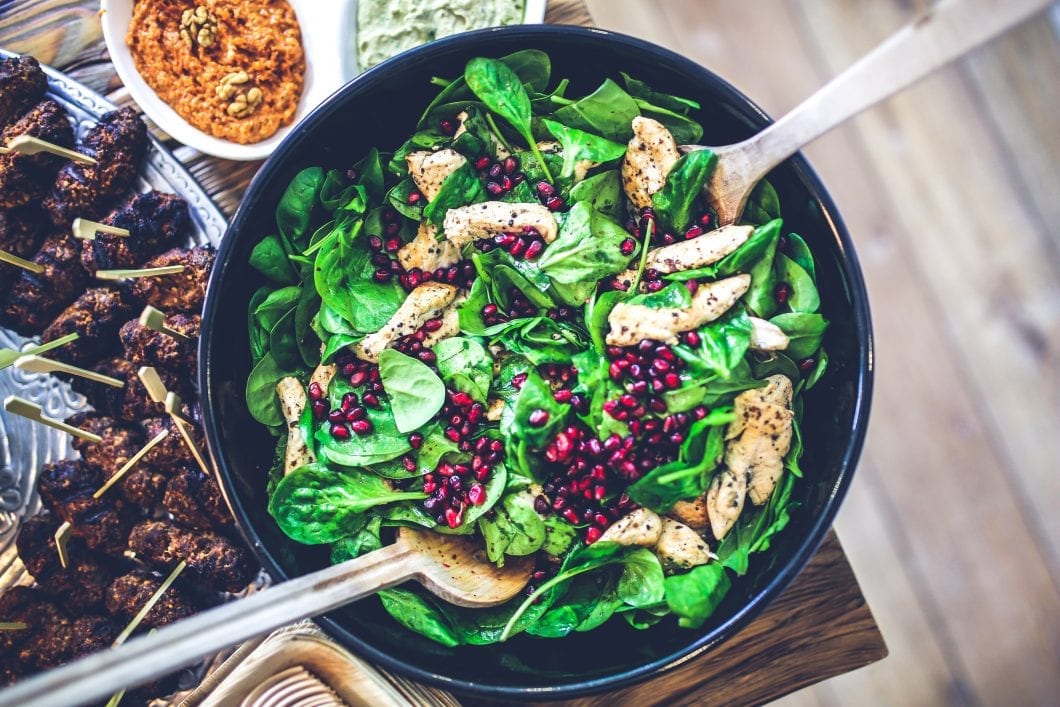Michael Pollan is no stranger to food. He’s written several books on the subject and is best known for his criticism of modern-day agriculture. He believes that the industrial revolution has distorted our relationship with our food and where it comes from. In Defense of Food: An Eater’s Manifesto distills his approach to healthy eating into three simple steps: Eat food. Not too much. Mostly plants.
Going back to our ancestral roots, he believes, is the secret to healthy eating.
Pollan offers other advice in this and his other books, believing a locavore lifestyle–someone who only eats what is locally and seasonally available–is preferable to relying on modern agribusiness, but those three “rules” are the breadth of what someone needs to get started improving their diet.
Eat Food
When Pollan refers to “food,” he has a very specific idea of what that word means. His rule of thumb is that, if your great-grandmother wouldn’t recognize it as food, it shouldn’t be eaten. For example, imagine someone from the early 20th century encountering a tube of Go-Gurt for the first time; they probably wouldn’t know what to do with it!
Food, by Pollan’s definition, usually contains five ingredients or fewer. It is whole, unprocessed, and its origins can easily be traced.
Not Too Much
The Western world has developed an excess problem. Not that long ago, people lived in scarcity; they relied on the local land to feed them via hunting, gathering, and small farms. It was impossible to overeat because there wasn’t that much available food to begin with.
Now, however, we have more food than we know what to do with. We have so much food available that around one-third of it goes to waste. With an increase in available food have come increases in portion sizes, daily caloric intake, and, inevitably, waistlines. One of our biggest problems with food is that we’re simply eating too much of it!
Mostly Plants
While lean meats, fish, dairy, and other non-plant-based products can find their way into a healthy diet with ease, most of our daily intake of food should be from plant-based sources. Fresh fruits and vegetables, whole grains, nuts, seeds, beans, lentils, and legumes are what our bodies have subsisted on for millennia. They didn’t have instant ramen in the Stone Age but people still got by.
In order to get the healthiest, least-processed foods, we should shop as locally as we can for produce that’s in-season, fighting the temptation to buy out-of-season products that have to come from far away places; all the resources required to grow and transport food dumps toxins into the air that negatively affect our climate and, by extension, ourselves.
According to Pollan, our focus on nutrition has completely overridden our instincts regarding healthy eating. We focus so much on eating nutrients that we forget to simply eat food. By reducing our intake and focusing on unprocessed, local, plant-based foods, we accomplish several things. First, our bodies will perform better with the proper nutrients. Second, we reduce our carbon footprint by staying local. Finally, we become the change in food culture the Western world sorely needs.




